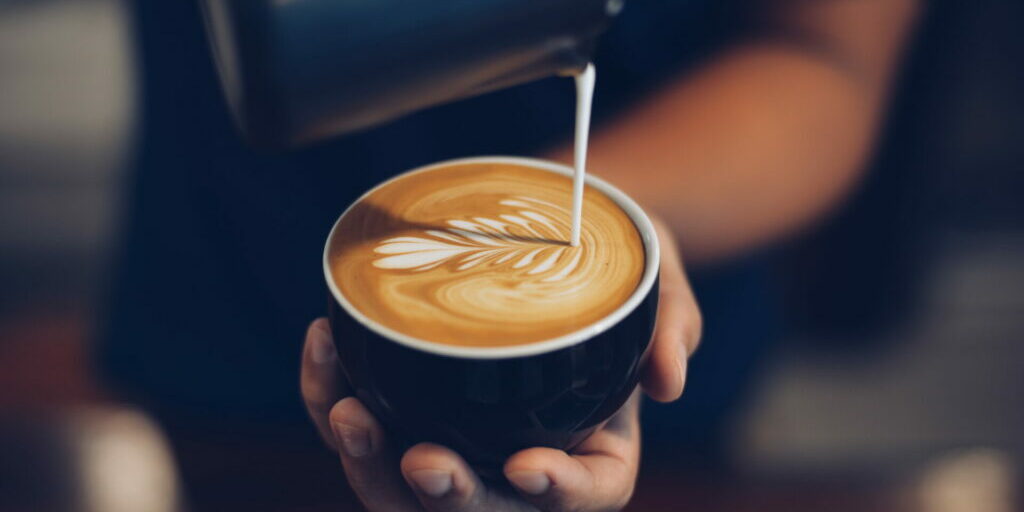“You won’t have access to a phone or computer for the entire week.”
I paused. Or to be more accurate, I said “no way.” I was exploring the idea of attending a personal growth retreat, but the thought of giving up technology for an entire week pushed me right out of my comfort zone. Losing my iPhone for eight days was a deal breaker.
After some soul searching, I decided to surrender to the experience and embrace the total technology detox. It was one of the best decisions I’ve made, and that retreat helped me realize that my relationship with my smartphone wasn’t entirely healthy.
Hacking Your Brain
I watched a 60 Minutes segment on how social media and smartphone apps are “purposely designed to be habit-forming.” Former Google product manager Tristan Harris compared smartphones to slot machines because, he says, “Every time I check my phone, I’m playing the slot machine to see, ‘What did I get?’”
What we “get” are “likes” on Facebook and Instagram, cute emojis in text messages and more followers on Twitter — powerful reinforcement for staying on your phone. It’s a flood of gratifying information that keeps coming via the so-easy-to-use scrolling method on digital devices — another way to keep us engaged.
“There’s a whole playbook of techniques to get you using the product for as long as possible.” — Tristan Harris
Harris says the smartphone and its content designers are programming people. “Inadvertently, whether they want to or not, they are shaping the thoughts and feelings and actions of people. There’s always this narrative that technology’s neutral. And it’s up to us to choose how we use it. This is just not true,” Harris says.
The strategy of engaging the user for as long a period of time as possible is good for business, even if it can have a bad effect on people.
Feeling the Phantom Vibrations
So, what are the implications of succumbing to smartphone addiction? We don’t really know yet. Psychologist Larry Rosen says technology really does wreak havoc on anxiety levels (teenagers are the most susceptible). He and his team at California State University, Dominguez Hills, have found that when people spend time away from their phones, their brain signals the adrenal gland to produce a burst of the hormone cortisol. Cortisol triggers a fight-or-flight response to danger, and while it may have made primitive humans hyperaware of their surroundings for safety, today it compels us to check our phones.
“Eventually your goal is to get rid of that anxiety, so you check in,” Rosen says.
On the 60 Minutes segment, Anderson Cooper admitted to feeling low-grade anxiety when he’s separated from his phone for any length of time, and he says he sometimes feels his phone ringing when it’s not. That sensation is what Rosen calls “phantom vibrations” — tingling neurons that have nothing to do with our actual phones buzzing.
“Even if your phone’s not in your pocket, you still believe it’s your phone,” Rosen says. “That’s how powerful this device has become in our lives.”
Setting Digital Boundaries
I can relate. During the first few days of my own digital detox, I desperately wanted to check my phone. I certainly felt the low-grade anxiety Anderson Cooper was feeling.
Eight days later when I got my phone back, I left it off for a few hours to fully absorb my transformation. I really wasn’t very compelled to turn it back on, and in that moment I was a lot more aware of the impact that technology was having on my ability to be fully present. Technology is also an easy place to hide.
When we stop hiding and decide to show up as our most genuine, vulnerable and compassionate selves, a funny thing happens. We start connecting.
Our most intimate, important relationships cannot be automated. While I personally benefit from advances in technology and extol the many virtues of having a “digital mindset” (my business doesn’t exist without it) I am also aware that as we become a more connected society, some people are feeling more disconnected than ever before. As with many indulgences in life, too much of a good thing can turn into a not so good thing or an addiction. And significant percentages of us have serious addiction problems.
Eighty-four percent of people surveyed in a TIME Mobility Poll said they couldn’t go a single day without their mobile device in hand. The heaviest smartphone users click, tap or swipe on their phone 5,427 times a day, according to researcher Dscout. The rest of us still touch the addictive things 2,617 times a day on average. No small number. Seventy-five percent of 25-to-29-year-olds take their phones to bed.
Having a little more awareness helps. So does creating some healthy routines and rituals.
Power Down
Take daily tech breaks. You cannot have compelling conversations while text messaging and updating your status. You cannot connect when you are consistently distracted. So, let’s get more specific. I have several hours during the day where I am not connected to any technology. During those times I am typically reading, writing or working out. Those are moments where I want to be fully present and immersed in deep work and concentration. Our ability to do deep work has suffered from navigating constant distractions. There is plenty of research that proves multitasking doesn’t work. What does work is total focus on the singular task at hand.
Additionally, I don’t ever bring my phone into the bedroom and I prefer to make social dinners phone-free zones. My bedroom is for reading, sleeping and intimacy. If any one of those is lacking in your life, make the bedroom a phone-free zone for 30 days. I’m confident you’ll see improvement.
Try a Total Detox
You don’t have to attend a formal retreat for 8 days to try the digital detox and break your smartphone addiction. Try it this coming weekend. Make it a family affair. Lock the phones away for 48 hours. Have a ceremony when you power down! Connect with one another. How does the idea make you feel? Personally, I am committed to the detox at regular intervals because I know how rejuvenated it makes me feel. I am heading to Gold Lake, Colorado next week for my next digital detox and look forward to completely checking out in order to check back in. It works.
Establish Routines and Rituals
“Success is nothing more than a few simple disciplines, practiced every day; while failure is simply a few errors in judgment, repeated every day. It is the accumulative weight of our disciplines and our judgments that leads us to either fortune or failure. — Jim Rohn
The key is to get off of autopilot and become more intentional in managing our technology so it isn’t managing us. One of the most simple, daily disciplines I’d recommend is establishing some semblance of a morning routine. I’ve shared my morning routine here previously. That’s what works for me.
Find a routine that works for you but forego checking your smartphone when you first wake up. Check in with you first! Check in with the people you love. Create a routine that sets your day up for success. “Win the morning, win the day!”
If you need help in getting your arms around your smartphone addiction, there is an app for that.
Of course, anxiety and addiction are no joke and this is just the beginning. Smart technology is going to integrate into every conceivable aspect of our lives. The time to develop a healthy relationship with technology is now.










